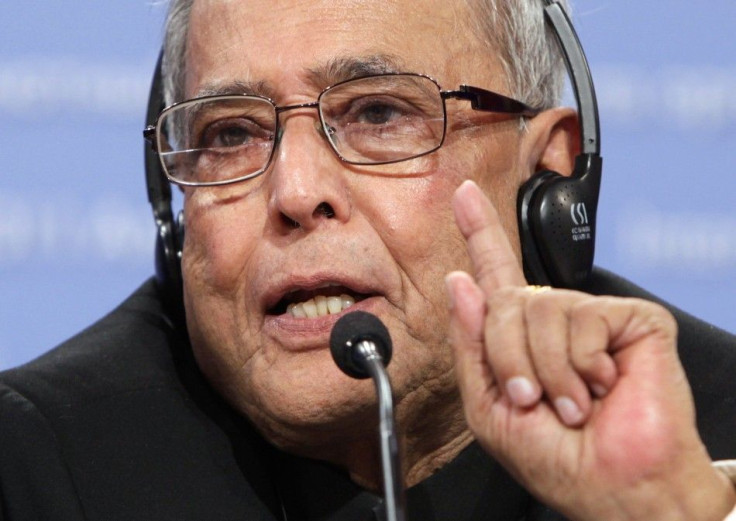India Budget 2012-13 Preview: What Can Be Expected?

India's Finance Minister Pranab Mukherjee will present the budget to the Parliament on March 16 at a time when there has been a considerable worsening in the government's finances.
There is a high possibility that the budget will be longer on promises than on specific measures. As pointed out by Goldman Sachs, budgets in India are perceived to be determined more by political economy considerations than purely economic ones.
The results of the recent elections in Uttar Pradesh and four other states could have a major influence on the budget. The debacle faced by the Congress party in the elections could force it not to go for critical reform measures but rather appease the regional parties.
In an attempt to have a populist budget, there is high likelihood that there will be no changes in subsidies and no increase in fuel prices. There are chances to have loan waivers and other cosmetic measures to help weak agricultural productivity.
In the automobile sector, the expectation is that there will be an increase in excise duty across segments and also there is possibility of additional tax on diesel vehicles.
In the fertilizer and chemical sector, there is an expectation that the customs duty on various inputs like LNG, Naphtha, Alcohol, Propylene etc will be removed from current rate of 5 percent. In the power sector, withdrawal of customs duty and excise duty on mining equipments is anticipated. In the consumers sector, a widening of personal income tax slabs is also expected.
Following a year in which the fiscal deficit widened sharply, markets will be looking for signs that the deficit will fall in the next financial year that begins in April.
The government should ideally announce some concrete measures which will have impact on the deficit immediately. The most straightforward way to achieve this would be to raise the central excise tax, which remains at 10 percent compared to the pre-crisis rate of 16 percent.
However, while some progress can be expected, it is unlikely that there will be lots of reforms.
© Copyright IBTimes 2024. All rights reserved.











